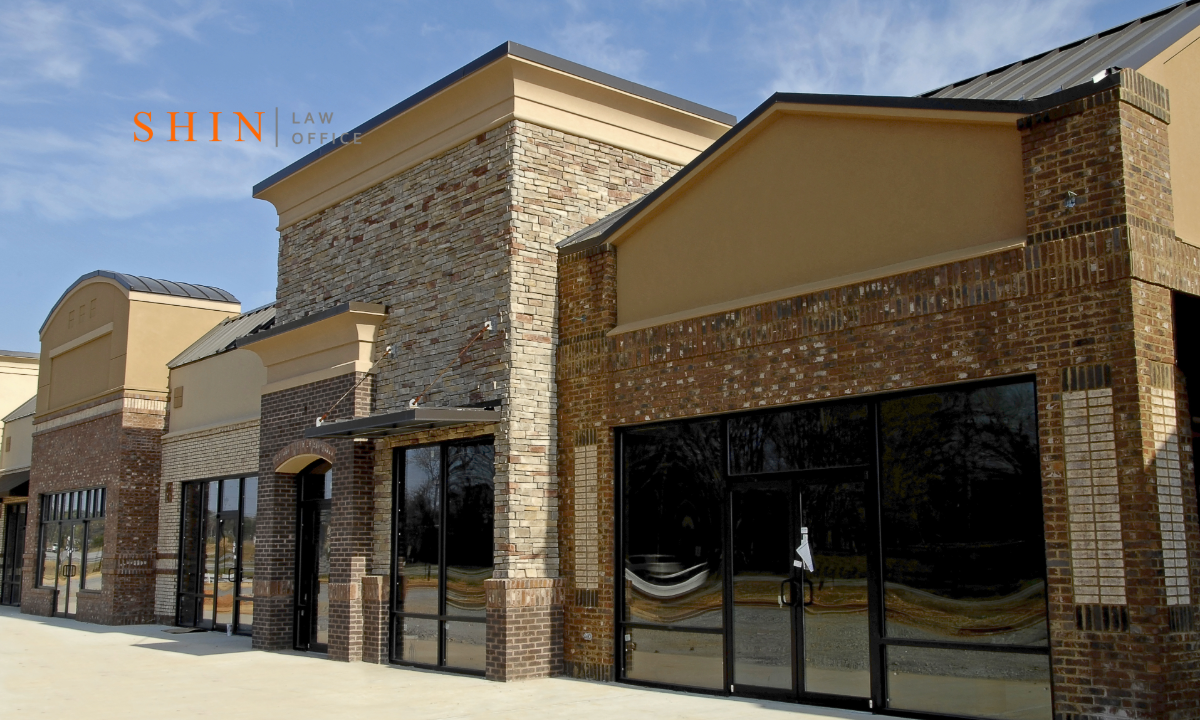By Anthony I. Shin, Esq. | Construction Litigation Attorney | Shin Law Office
SUMMARY
In Haymarket’s Main Street commercial fit-outs, using unapproved materials or making specification changes without written authorization can trigger costly disputes, rework, and project delays. I help owners, tenants, and contractors enforce contract terms, document approvals, and resolve these conflicts quickly so projects stay on schedule and in compliance.
Haymarket Construction Litigation Attorney – Main Street Fit-Out Spec Change Disputes
Main Street in Haymarket has seen a wave of commercial fit-outs in recent years, from boutique retail shops to restaurants and office spaces.
These projects often look straightforward on paper, but can quickly spiral into disputes when contractors use unapproved materials or make specification changes without proper authorization.
As a construction litigation attorney, I have seen how easily these issues can escalate and how expensive they can be to resolve.
Why Unapproved Materials Lead to Litigation
In commercial fit-outs, every finish, fixture, and piece of equipment is usually specified in the contract documents.
When a contractor substitutes materials without written approval, even if they believe the substitute is equal or better, they open the door to:
- Owner claims for breach of contract
- Rework costs to restore original specifications
- Loss of tenant improvement allowances or financing approval
- Delays in obtaining final inspections and occupancy permits
In Haymarket’s competitive Main Street market, these delays can mean lost rental income and reputational harm.
Common Spec Change Pitfalls in Fit-Out Projects
I frequently see disputes arise from:
- Contractor substitutions to save cost without informing the owner
- Vendors delivering incorrect items that are installed before discovery
- Changes approved verbally but never documented
- Rushed installations to meet opening deadlines, skipping formal submittals
Once the work is in place, reversing it often costs more than doing it right the first time.
The Contract Language That Protects You
To prevent or defend against these disputes, I recommend including contract provisions that:
- Require written, signed approval for all material or product substitutions
- Specify equivalency standards for acceptable alternates
- Tie payment release to verification of approved materials
- Define liquidated damages for delays caused by unapproved changes
For tenants, I also advise aligning your construction contract with lease requirements so that any deviation does not jeopardize landlord approvals.
How I Build a Case in Spec Change Disputes
When a dispute reaches my desk, the key is documentation. I look for:
- The original specification and submittal records
- Change request logs and approval emails
- Invoices and delivery tickets showing product details
- Inspection reports noting discrepancies
In court or arbitration, this paper trail often decides the outcome.
My Advice for Haymarket Owners and Contractors
Never treat material substitutions or specification changes as minor details.
In commercial fit-outs, they can impact compliance, financing, branding, and occupancy timelines.
Secure all approvals in writing, keep thorough records, and align your construction process with both contract requirements and business goals.
If you are facing a dispute over unapproved materials or specification changes in a Haymarket Main Street commercial fit-out, I can help protect your interests and resolve the matter efficiently.
— Anthony I. Shin, Esq.
Principal Attorney | Shin Law Office
Call 571-445-6565 or book a consultation online today.




